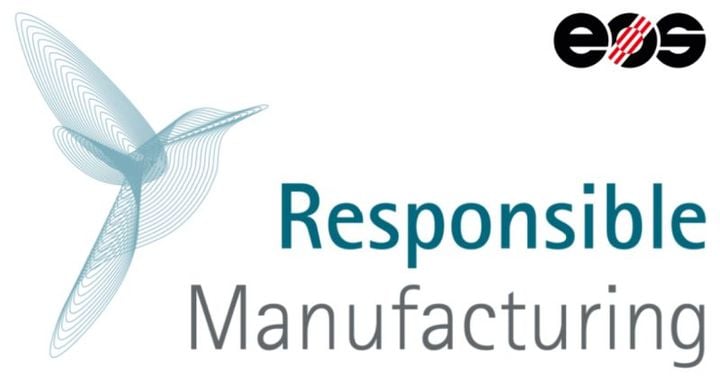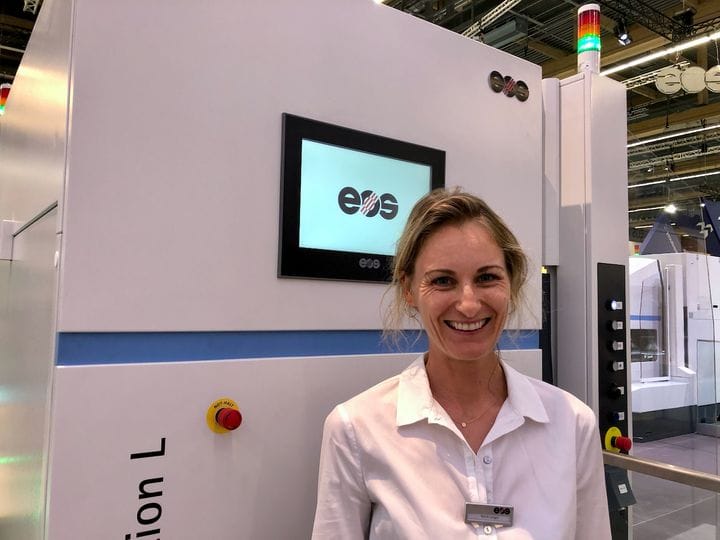
Responsible Manufacturing is a term you may not have heard before, but you should be hearing a lot more about it in the future.
I first bumped into it when reading a post by Marie Langer, CEO of EOS, who said:
“At EOS we extend the boundaries of manufacturing ingenuity to ensure that future production is less harmful to our planet. Synchronizing financial performance with social and environmental impact is our commitment to our customers, employees and society — leading the world into #responsiblemanufacturing with industrial #3Dprinting. Join forces with us to accelerate the transition to responsible manufacturing.”
Langer is one of the forward-looking executives in the additive manufacturing world and on this topic I think she is entirely correct.
Our world is changing before our eyes and it’s time we take direct actions to mitigate issues before they are truly out of our control.
Some may challenge this fact, but many of us are personally witnessing events that will and already do affect ourselves and our descendants. Whether your area is experiencing a drought, fighting out-of-control fires, facing record-level flooding or other climate disasters, the effects are plain as day.
In my area in Canada we see different effects: our winter ice roads through which we annually supply remote communities are becoming impractical because the cold season is shrinking. We’ll have to build expensive “real” roads to these communities soon, at great cost to us.
My story is perhaps different from yours, but everyone is in the same boat, or in this case, planet.

Langer wants to combine social and environmental aspects with the usual financial commitments, which I believe is a good strategy that should be undertaken by other companies in our space.
This is a big move by EOS, and as one of the largest companies in the 3D print space, they may set the precedent for others to follow. I’m hoping they share details of how they undertake this move with others in the future.
Big companies are always run on metrics, and it should be a straightforward matter to add some additional metrics for these factors into the equations. Once done, companies will gradually adjust their operations toward more balanced outcomes, and that’s good for everyone.
Smaller companies can do the same, although their impact will be less than what can be accomplished by the big companies. Nevertheless, it’s important for all companies in and out of 3D printing to recognize responsibility for the planet we all share. It makes no sense to “win” on a destroyed world.
Let’s all take a look at our operations and see how we can shift into Responsible Manufacturing.
Via LinkedIn
